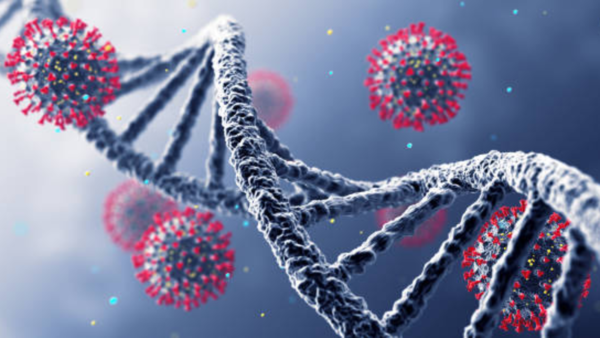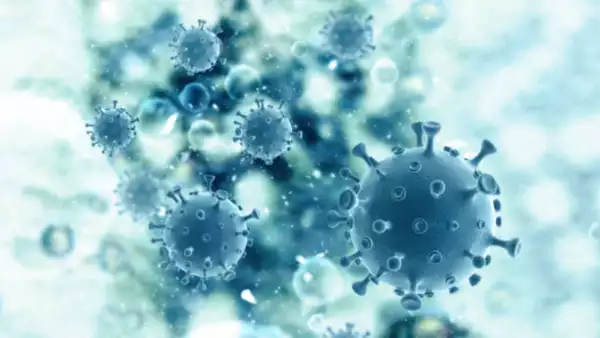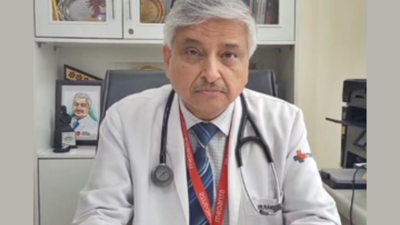As a country concerned with appearance HMPV of affairs, former head of the AIIMS Dr. Randeep Guleriawho played a central role during the COVID pandemic, advised people not to panic.
Antibiotics have no role in treatment Human metapneumovirus (HMPV), a respiratory disease that is currently on the rise in the country, former AIIMS director Dr Guleria said on Tuesday, asking people to maintain proper hydration and eat nutritious food.
HMPV is not a new virus
“HMPV is not new, it is an old virus. He was there for a while. Viruses usually cause mild disease, but at extreme ages, in infants and young children, the elderly, or people with underlying medical conditions, it can cause pneumonia in the young and old, which can lead to breathing problems and hospitalization,” Dr. Guleria. said in an interview to IANS.
“The virus itself is usually self-limiting and you just need symptomatic treatment. Take fever medicine, stay hydrated and eat well,” he added, asking people to stay away from crowded places to stop the spread of the infection.

“Treatment is mainly symptomatic. It is necessary to maintain good hydration, paracetamol or any medicine to reduce body temperature and pain. And if you have any other symptoms like cough and cold, you can take anti-allergy medicine to reduce your allergy symptoms like cold and cough,” said a renowned pulmonologist.
“There is no specific antiviral drug that should be taken. Taking antibiotics doesn’t matter because it’s a viral infection,” said Dr. Guleria, chairman of the Medanta Institute of Internal Medicine, Respiratory Medicine and Sleep, Gurugram, noting that infection control is very important.
Discovered in 2001, hMPV is a major cause of acute respiratory infections, often similar to those caused by respiratory syncytial virus (RSV) or influenza. It spreads through the respiratory tract, direct contact with infected individuals and contaminated surfaces, with peak infection in late winter and spring.
Symptoms of hMPV vary in severity, but often include cough, runny or stuffy nose, fever, and fatigue. In more severe cases, especially in infants and the elderly, symptoms can progress to wheezing, shortness of breath, and even pneumonia or bronchiolitis. Children under the age of five, especially infants, are at greater risk of serious illness due to their immature immune systems and decreased maternal antibodies. Symptoms usually appear 3-6 days after infection and can last for one to two weeks.

Prevention of hMPV involves simple but effective hygiene practices. Frequent hand washing with soap, avoiding close contact with sick people, and regular disinfection of frequently touched surfaces can significantly reduce the risk of infection. These measures are especially important during the peak season. Covering coughs and sneezes and staying home when sick can also help prevent the spread of the virus.











